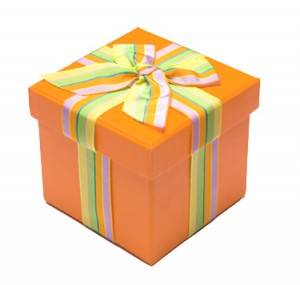At Least You Speak Like You’re Well Read: From Literature to Lexicon
 Tuesday, January 17, 2012 at 3:14PM
Tuesday, January 17, 2012 at 3:14PM What’s in a name? Or a common expression? Or, for that matter, so many of the seemingly mundane words and phrases we use every day? We don’t often give a good deal of thought to such questions, and even if we did, we’d probably be surprised by just how much of what we say we owe to what someone else once wrote.
 The truth is, literature has taught us how to talk, insofar as it has given us many wonderful ways to express ourselves, clarify our thoughts, and illustrate moments in a poetic way that others can easily understand. Sure, we all love to quote things from books, like the trademark passages of certain characters or famous first lines (second lines, not so much).
The truth is, literature has taught us how to talk, insofar as it has given us many wonderful ways to express ourselves, clarify our thoughts, and illustrate moments in a poetic way that others can easily understand. Sure, we all love to quote things from books, like the trademark passages of certain characters or famous first lines (second lines, not so much).
But I’m not talking (only) about quotes or idioms or allusions (“Achilles’ heel,” anyone?) or even clichés, but turns of phrase that are so much a part of how we communicate that they are used too much to be considered overused, and the origins of which we have long since forgotten, if we had ever considered them at all.
I mean, have you Googled “common phrases from Shakespeare” lately? (What, this isn’t how you spend your weekends?)
The Bard is, of course, credited with poetic phrasings like “All’s well that ends well” (great title…), but is more or less just as responsible for “all of a sudden” and many other expressions you might have used today or sometime this week: “sorry sight,” “foregone conclusion,” “as luck would have it,” “one fell swoop,” “fancy free,” “pure as the driven snow,” “high time,” “charmed life,” “lie low,” “send him packing,” “in a pickle,” “foul play” (and “fair play”), “wild goose chase,” “love is blind,” and “good riddance,” among dozens of others. So even in the most casual conversation, you’ll have a chance to reveal, humbly, that you are exceedingly well read.*
* The very phrase “exceedingly well read” first appeared in print (after appearing on stage) in Shakespeare’s Henry IV Part 1.
 Don Quixote,
Don Quixote,  English,
English,  Shakespeare,
Shakespeare,  vocabulary
vocabulary 



